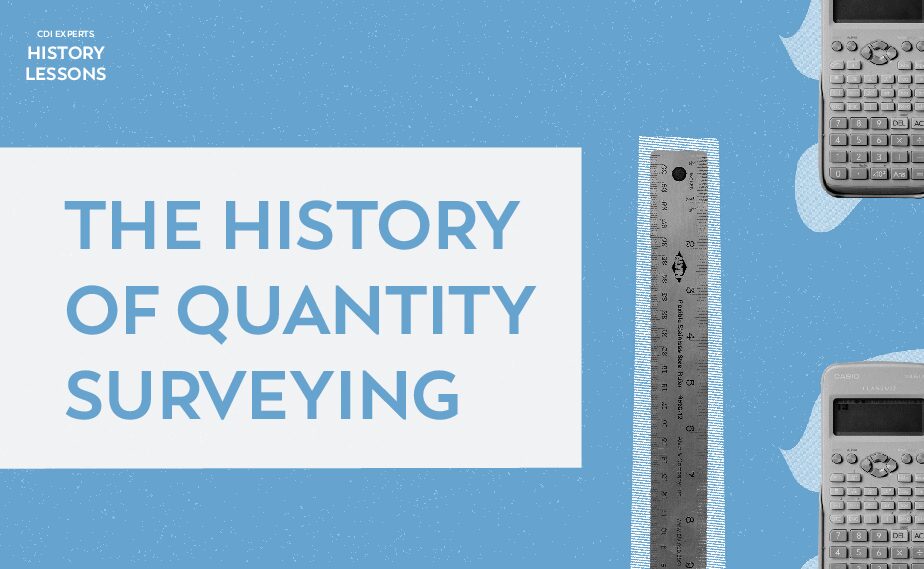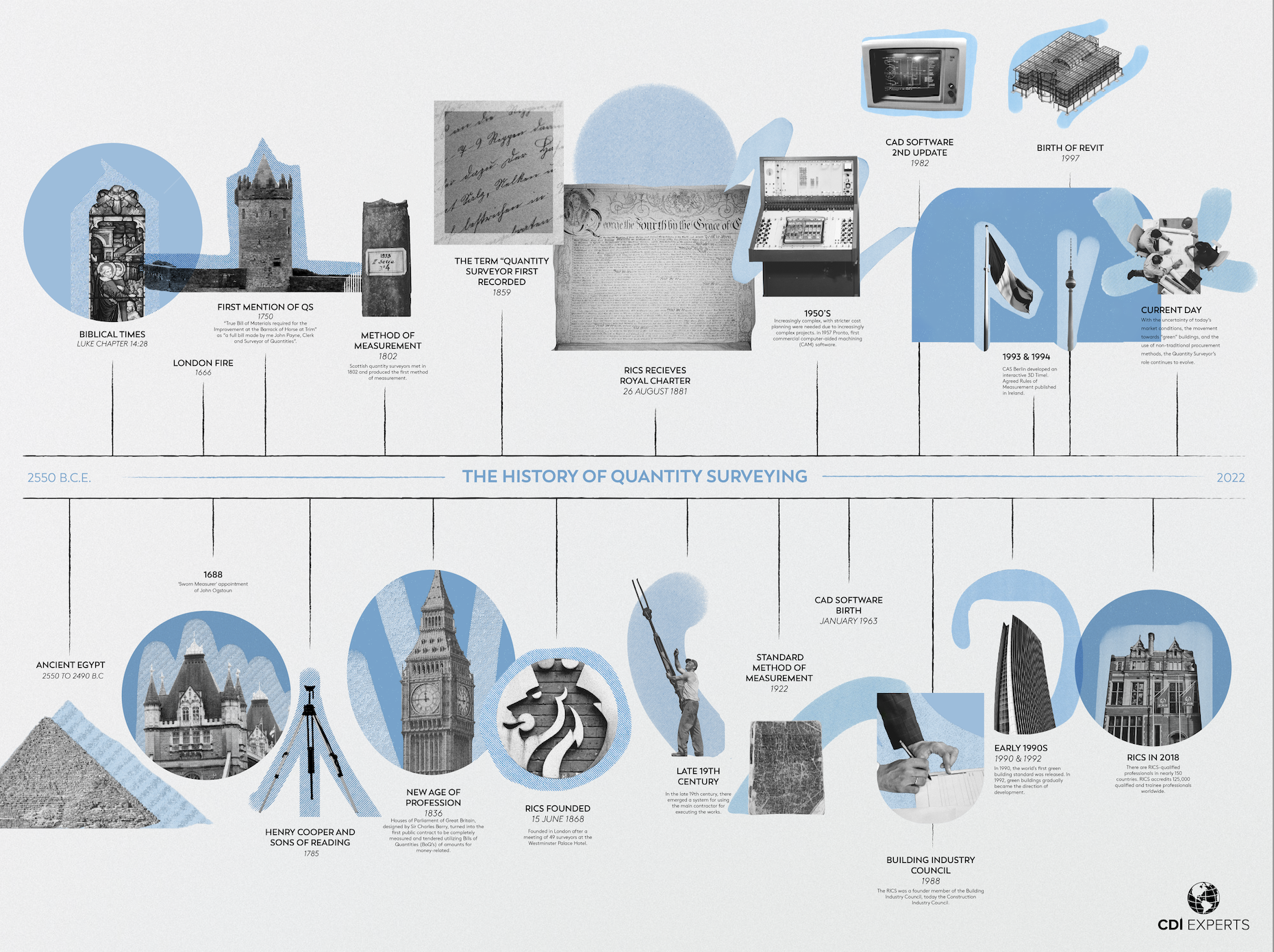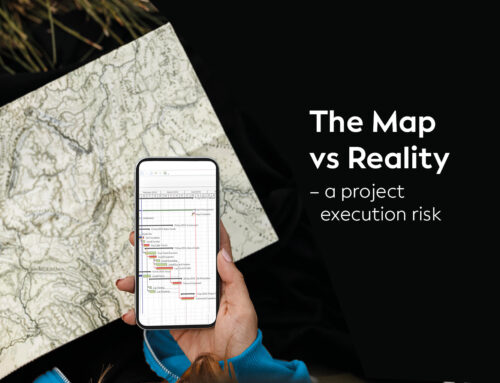From Ancient Egypt to RICS
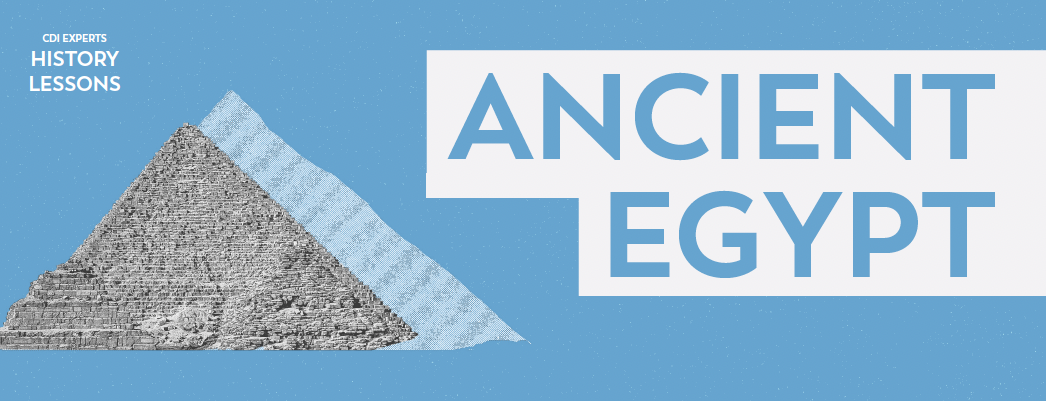
Throughout the construction of the pyramids and temples of ancient Egypt the quantity surveyor was called the “measurer of royal works”
(Bowles & Le Roux, 1992: 4)
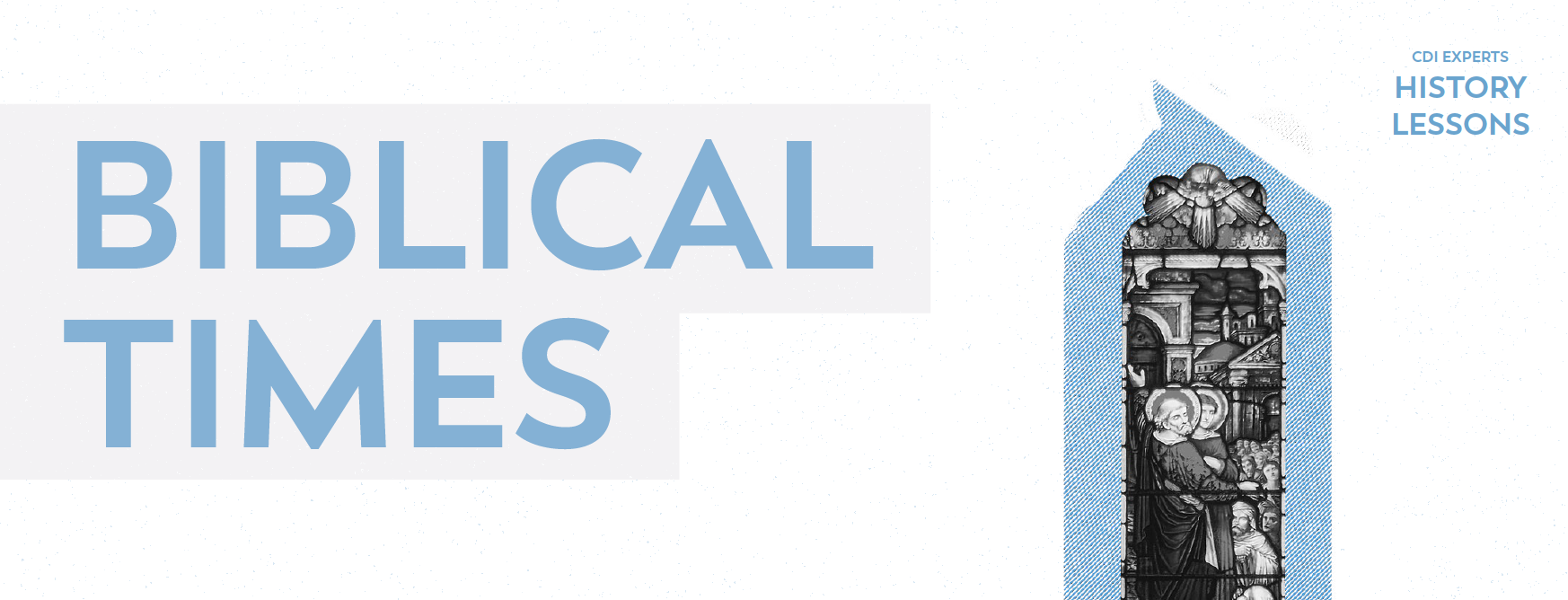
Luke, Chapter 14:28 – “For which of you, intending to build a tower, sits not down first and counts the cost to see whether he will have sufficient to finish it?”

According to Kirkham (2015), the Quantity Surveying profession can date its roots back to the rebuilding of London after the great fire in 1666. The origins of the modern quantity surveying profession may be said to have developed from the ‘Sworn Measurer’ appointment of John Ogstoun on 25 April 1688 by the Town Council of Edinburgh, Scotland as the “good town’s ordinary measurer.
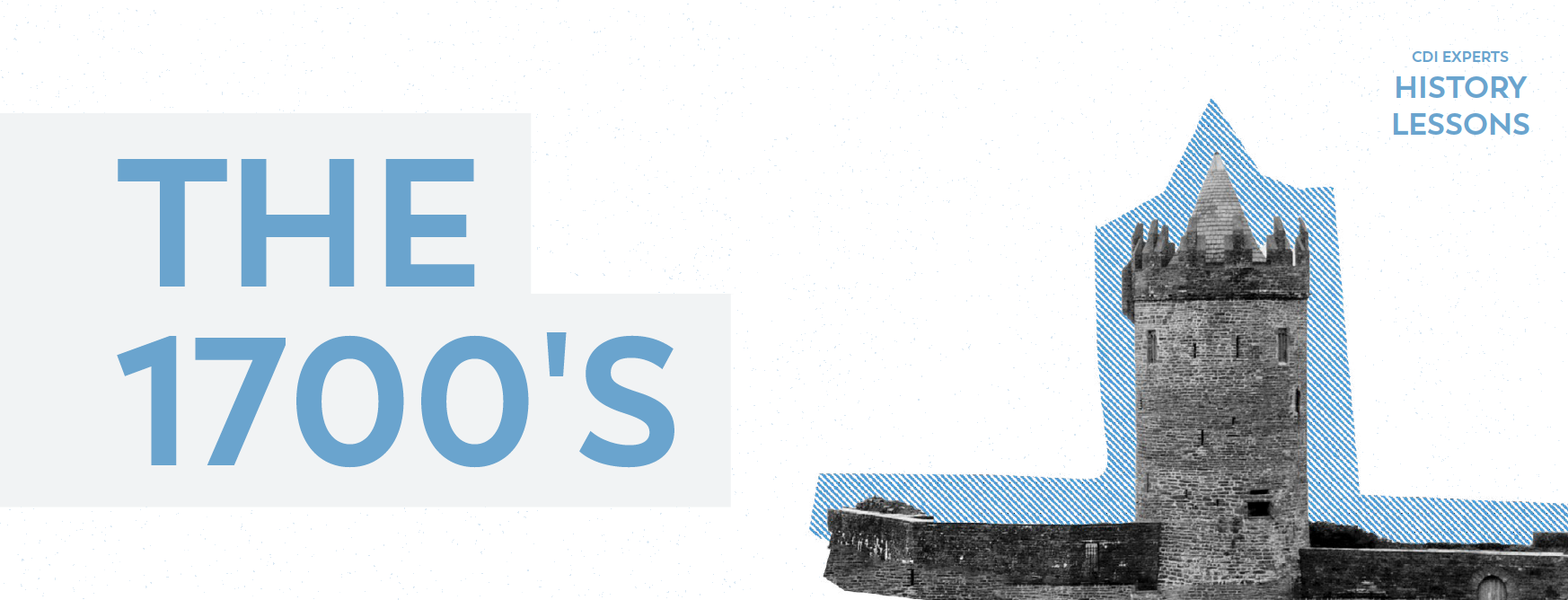
The earliest mention of surveying as a profession in Ireland was in 1750. An Irish clergyman and architectural writer, John Payne, vicar of Castlerickard in County Meath, put his name to a “True Bill of Materials required for the Improvement at the Barrack of Horse at Trim” as “a full bill made by me John Payne, Clerk and Surveyor of Quantities”. The first firm of Henry Cooper and Sons of Reading was established as early as 1785.
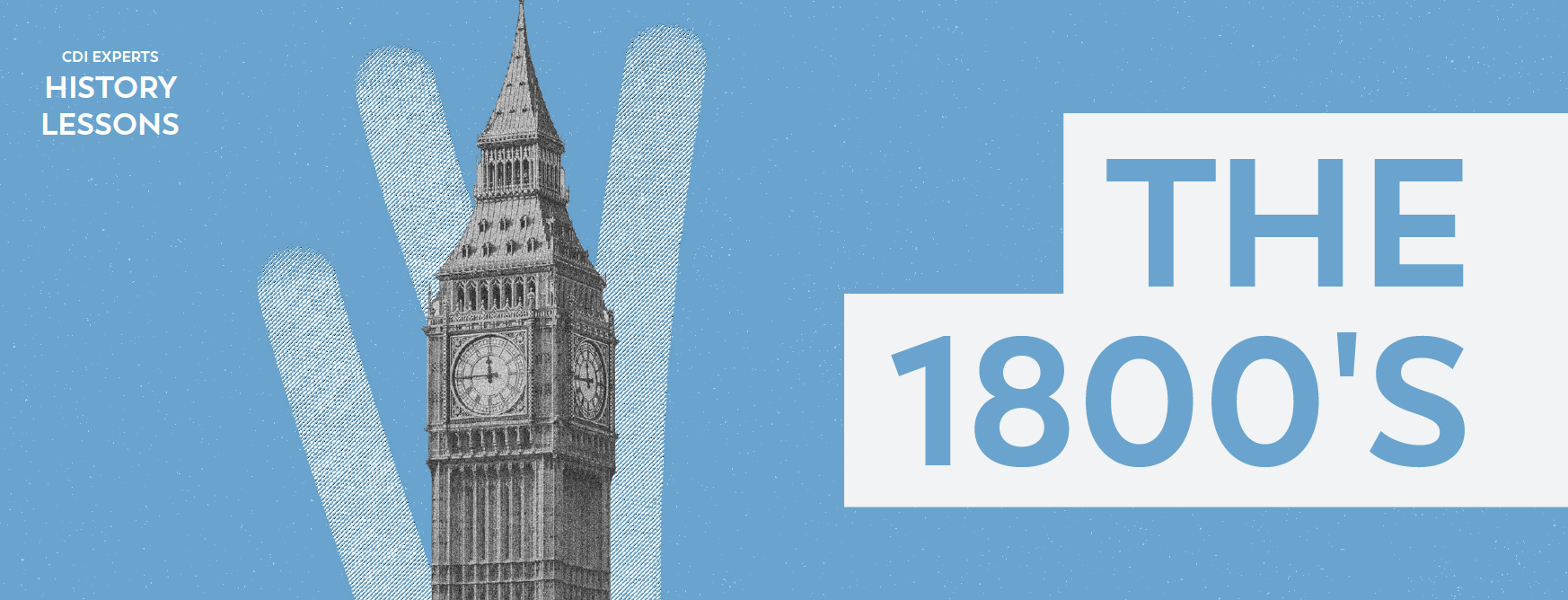
Scottish quantity surveyors met in 1802 and produced the first method of measurement. In 1836 it emerged as a new age profession when the new Houses of Parliament of Great Britain, designed by Sir Charles Barry, turned into the first public contract to be completely measured and tendered utilising Bills of Quantities of amounts for money related. The term “quantity surveyor” was first recorded in 1859.
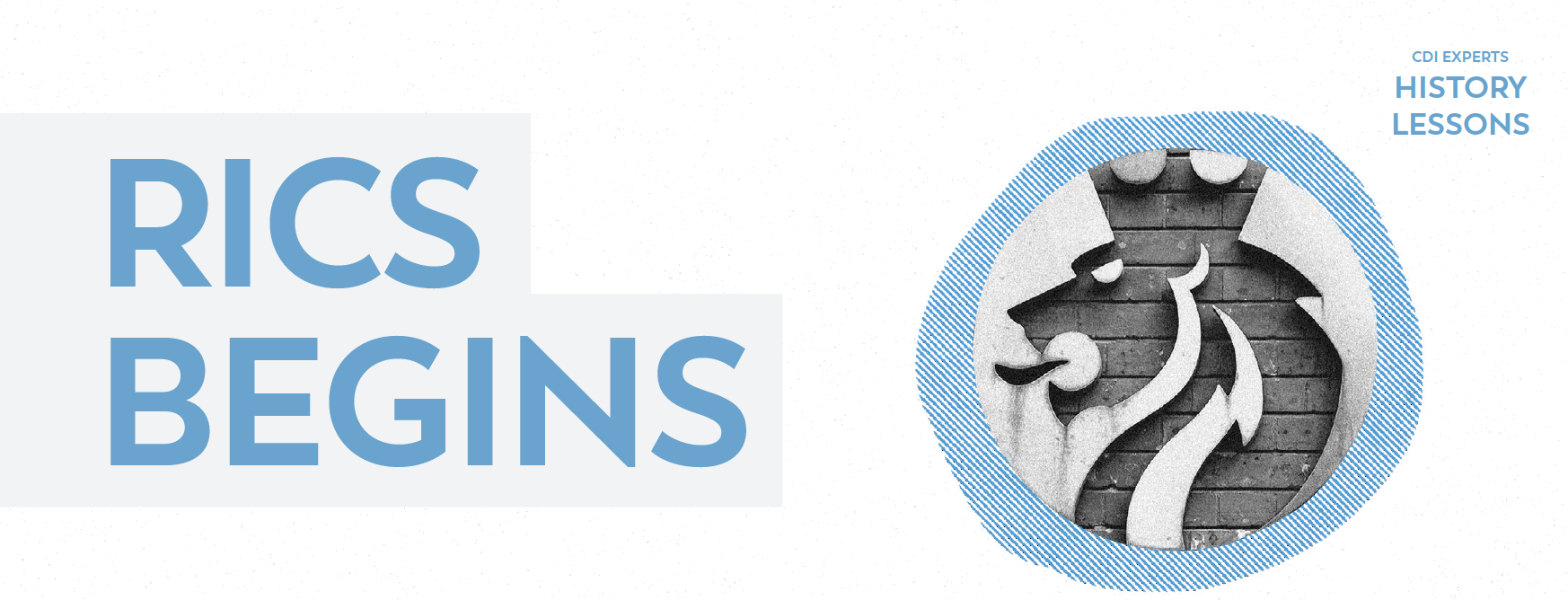
RICS was founded in London, England, as the Institution of Surveyors after a meeting of 49 surveyors at the Westminster Palace Hotel on 15 June 1868. The RICS received a Royal charter as The Surveyors’ Institution on 26 August 1881.

In the late 19th century, there emerged a system for using the main contractor for executing the works. This involved several bidders submitting bids to the employer for evaluation in order to select a suitable contractor for the execution of the works.
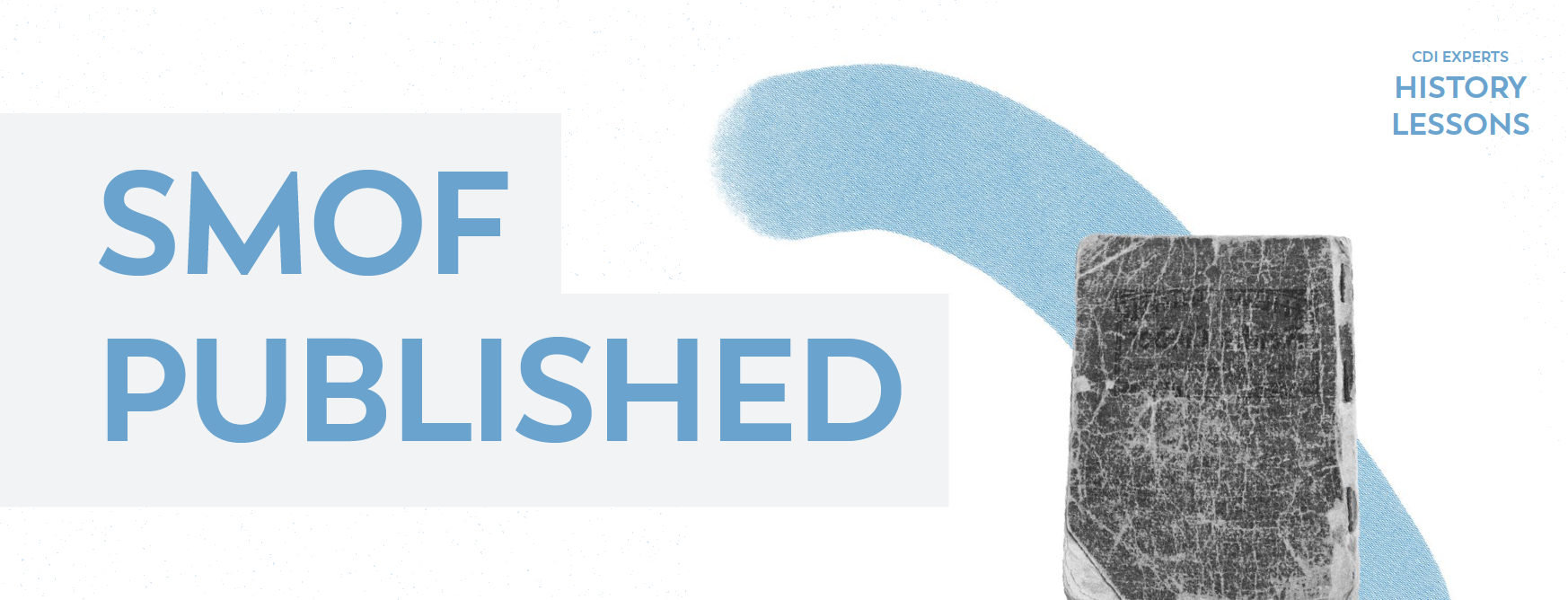
In 1922 the Standard Method of Measurement was first published by by the Royal Institution of Chartered Surveyors (RICS). was based on ‘the practice of the leading London quantity surveyors.’ It was an attempt to bring uniformity to the ways by which quantity surveyors measured and priced building works.
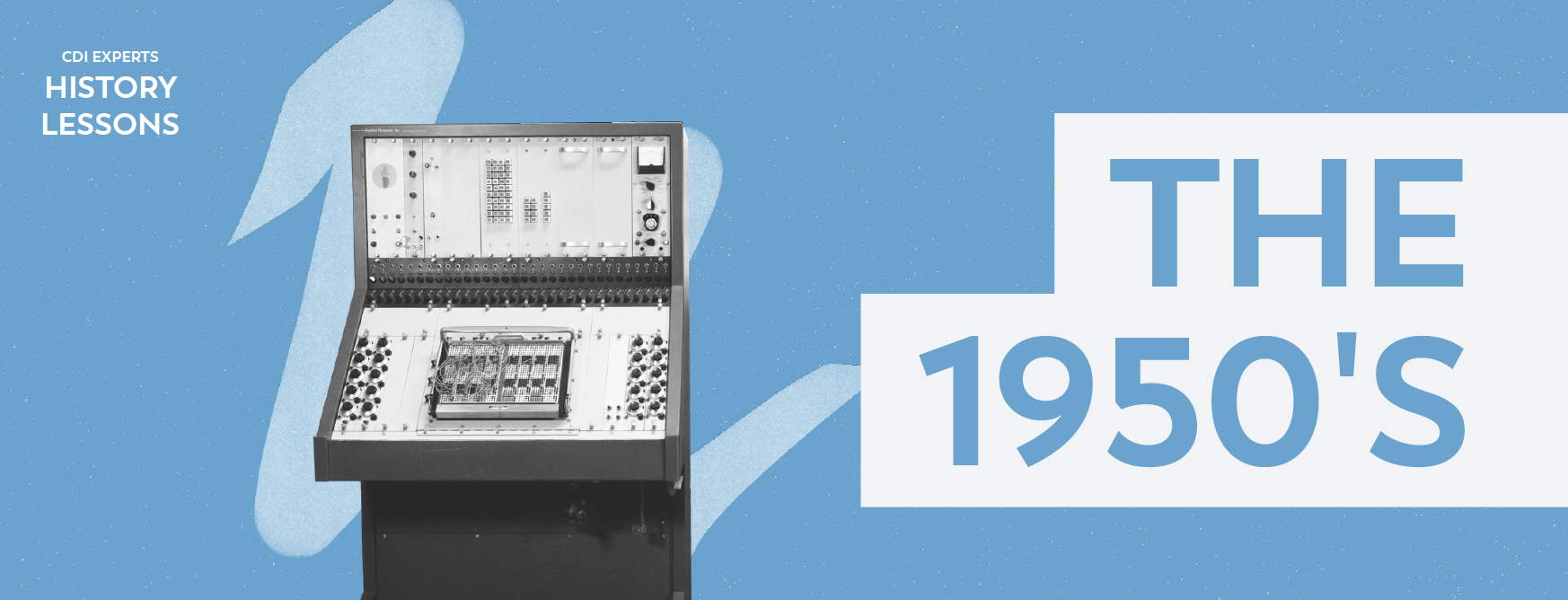
By the 1950s stricter cost planning were needed due to increasingly complex projects. By 1957 Pronto, first commercial computer-aided machining (CAM) software was developed by Dr. Patrick J. Hanratty.
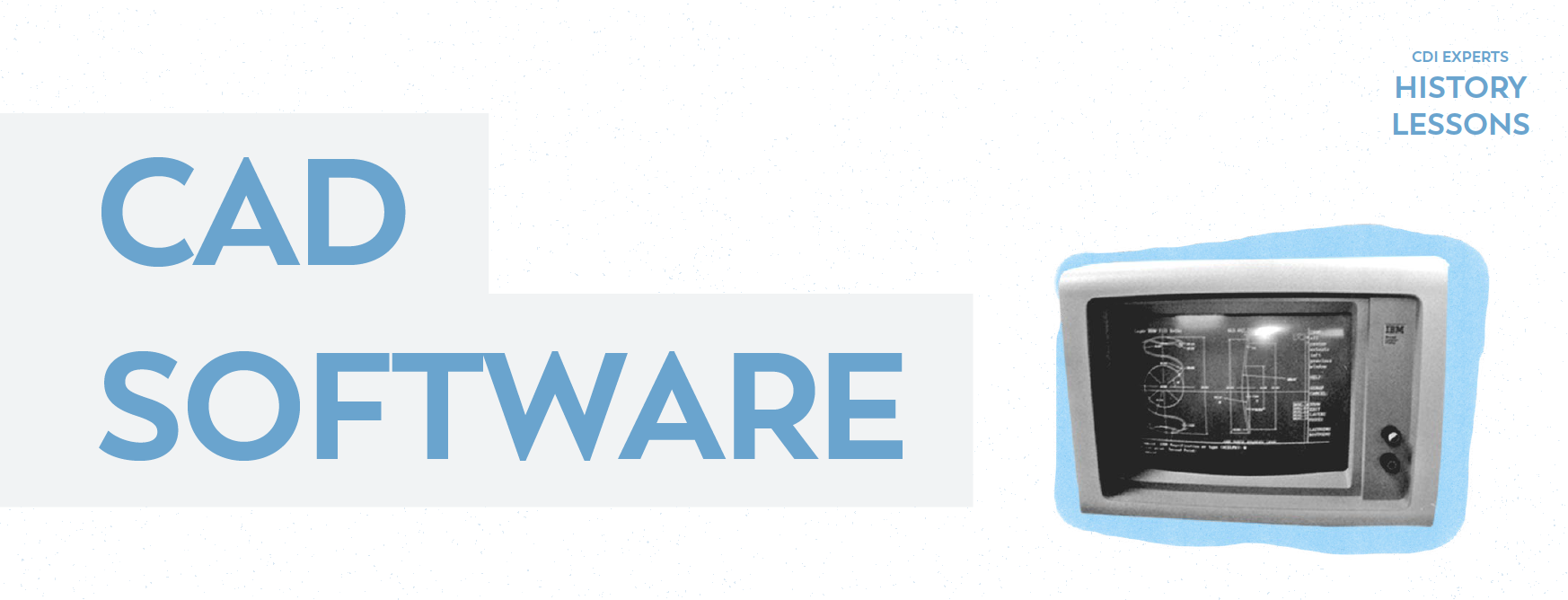
In January, 1963, Ivan Sutherland, a PhD candidate at MIT, submitted his thesis, titled “Sketchpad: a man-machine graphical communication system,” describing his work in creating what is now recognized as one of the very first interactive CAD systems. By 1982 had upgraded to 2D software.

In 1988, the RICS became a founding member of the Building Industry Council, which is now known as the Construction Industry Council, along with the CIOB, CIBSE, IstructE, and RIBA.
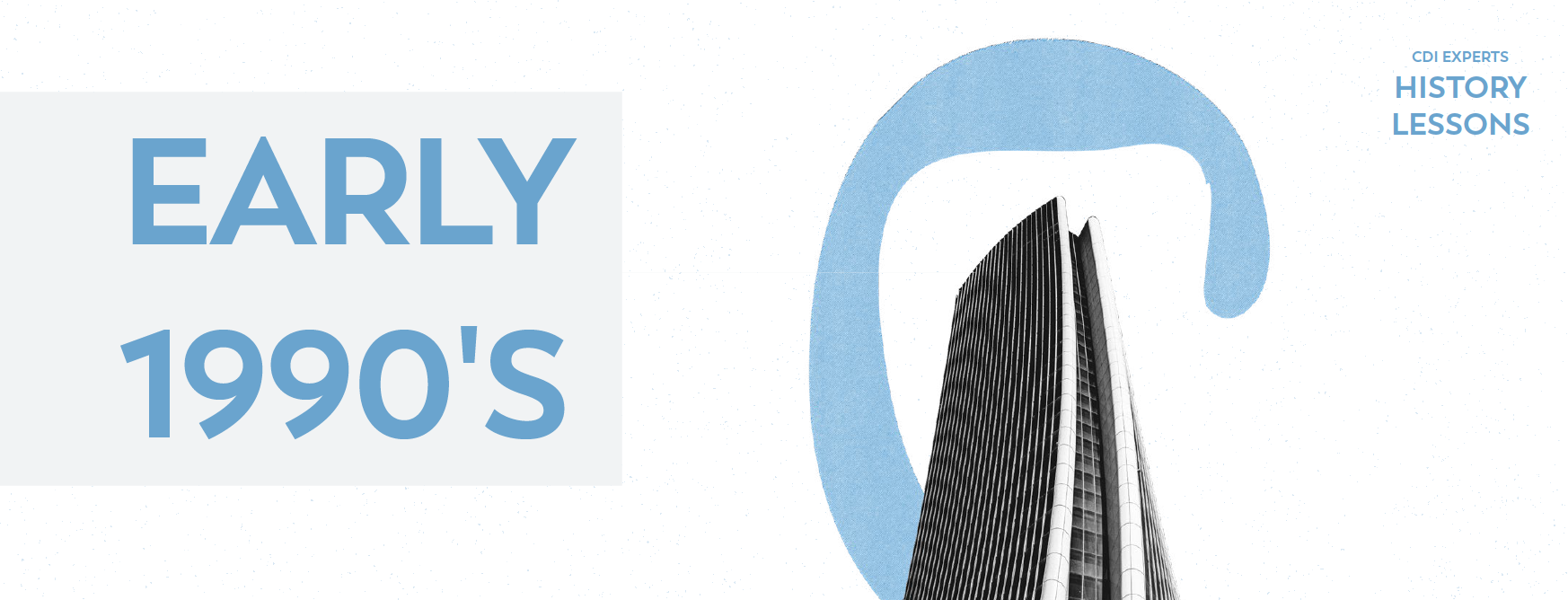
In 1990, the world’s first green building standard was released in the UK. In 1992, because the “United Nations Conference on Environment and Development” promoted the idea of sustainable development, green buildings gradually became the direction of development.

In 1993 CAS Berlin developed technology that allowed an interactive 3D Model in which all elements in the design have valued dimensions. In 1994 the Agreed Rules of Measurement were agreed by all stakeholders in the Irish construction industry and was published in Ireland.
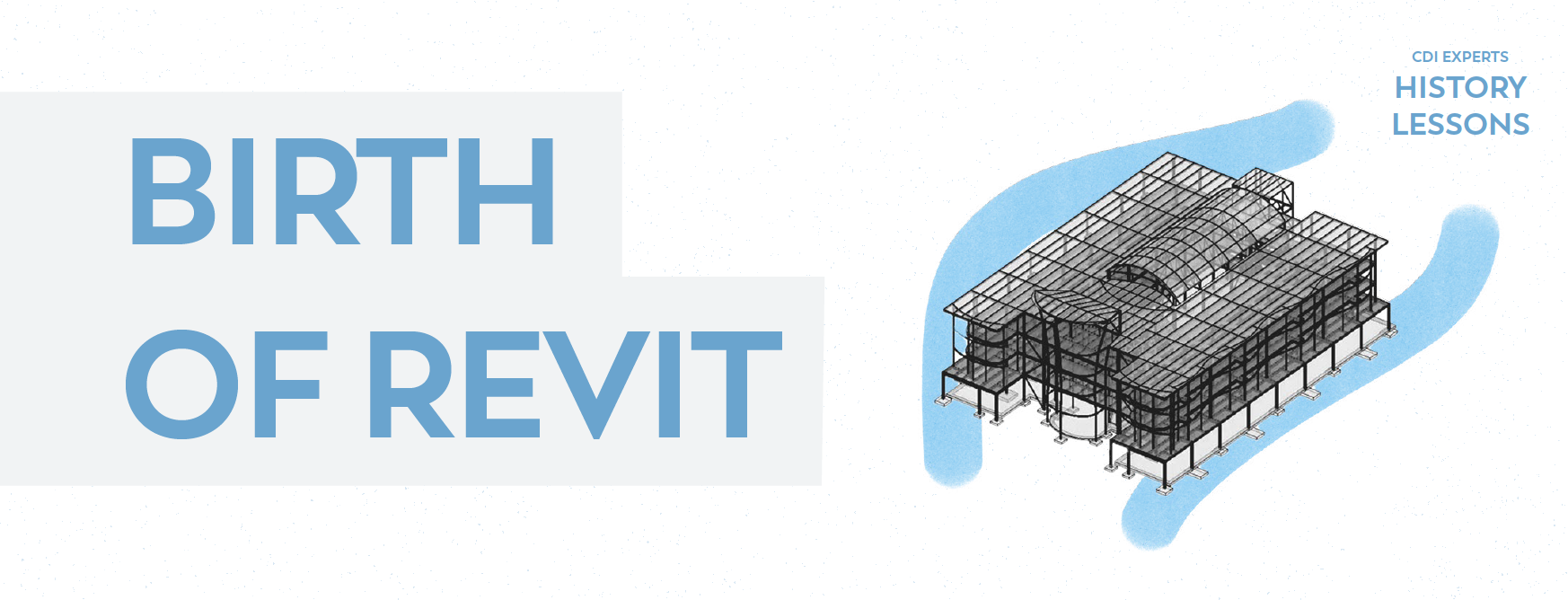
The original software developed by Charles River Software, founded in 1997, was eventually renamed Revit Technology Corporation in 2000, and acquired by Autodesk in 2002. The software allows users to design a building and structure and its components in 3D, annotate the model with 2D drafting elements, and access building information from the building model’s database.
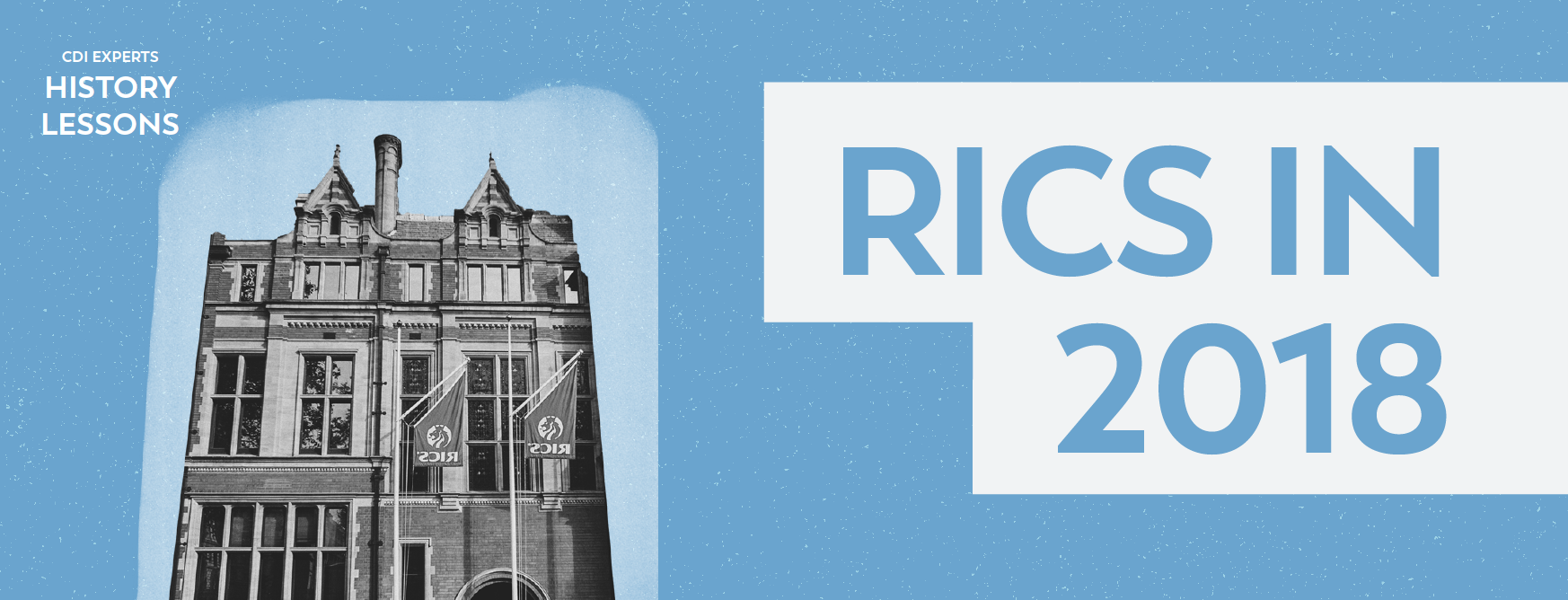
There are RICS-qualified professionals in nearly 150 countries. RICS accredits 125,000 qualified and trainee professionals worldwide.
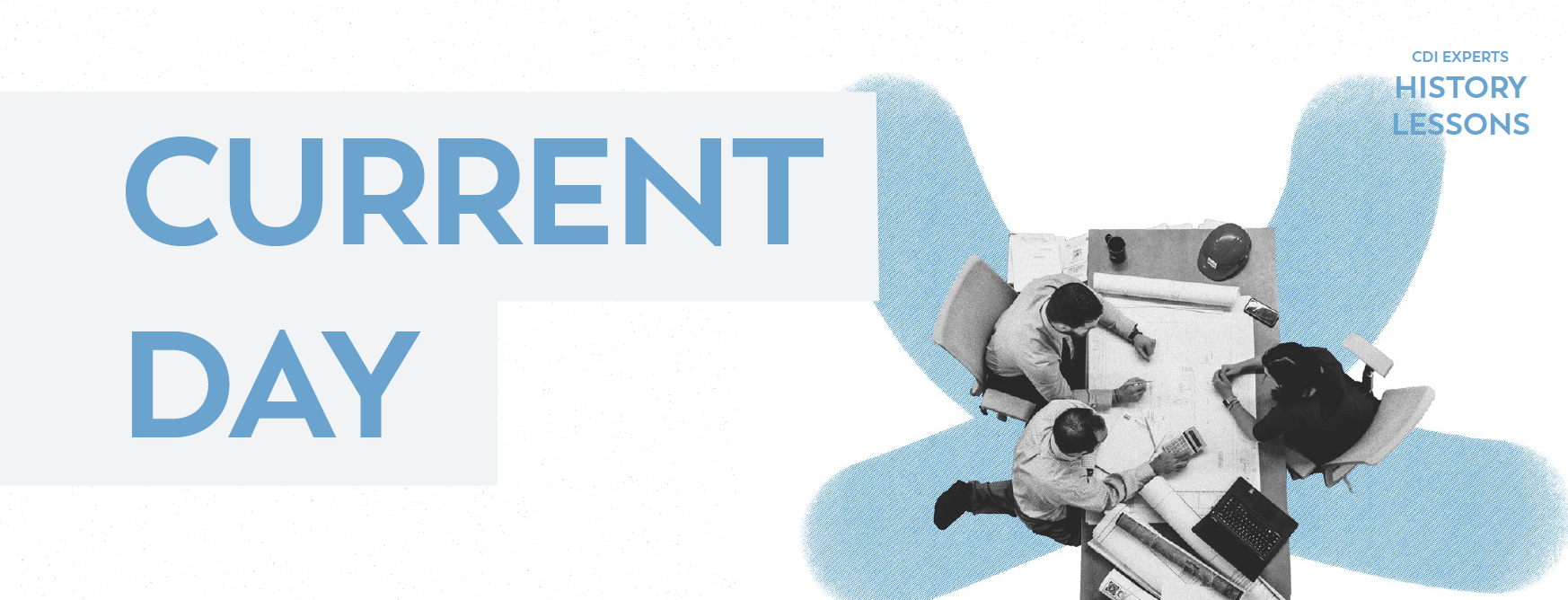
With the uncertainty of today’s market conditions, the movement towards “green” buildings, and the use of non-traditional procurement methods, the Quantity Surveyor’s role continues to evolve. Quantity Surveying has survived as a profession by continuously adapting to change and will continue to do so.
References:
Connolly, R. (n.d.). History of quantity surveying. roryconnollyqs.ie. Retrieved February 22, 2023, from https://www.roryconnollyqs.ie/history-of-quantity-surveying
Follow us for more!
Get the expert edge
Please add your details below and we’ll be in touch as quickly as possible

